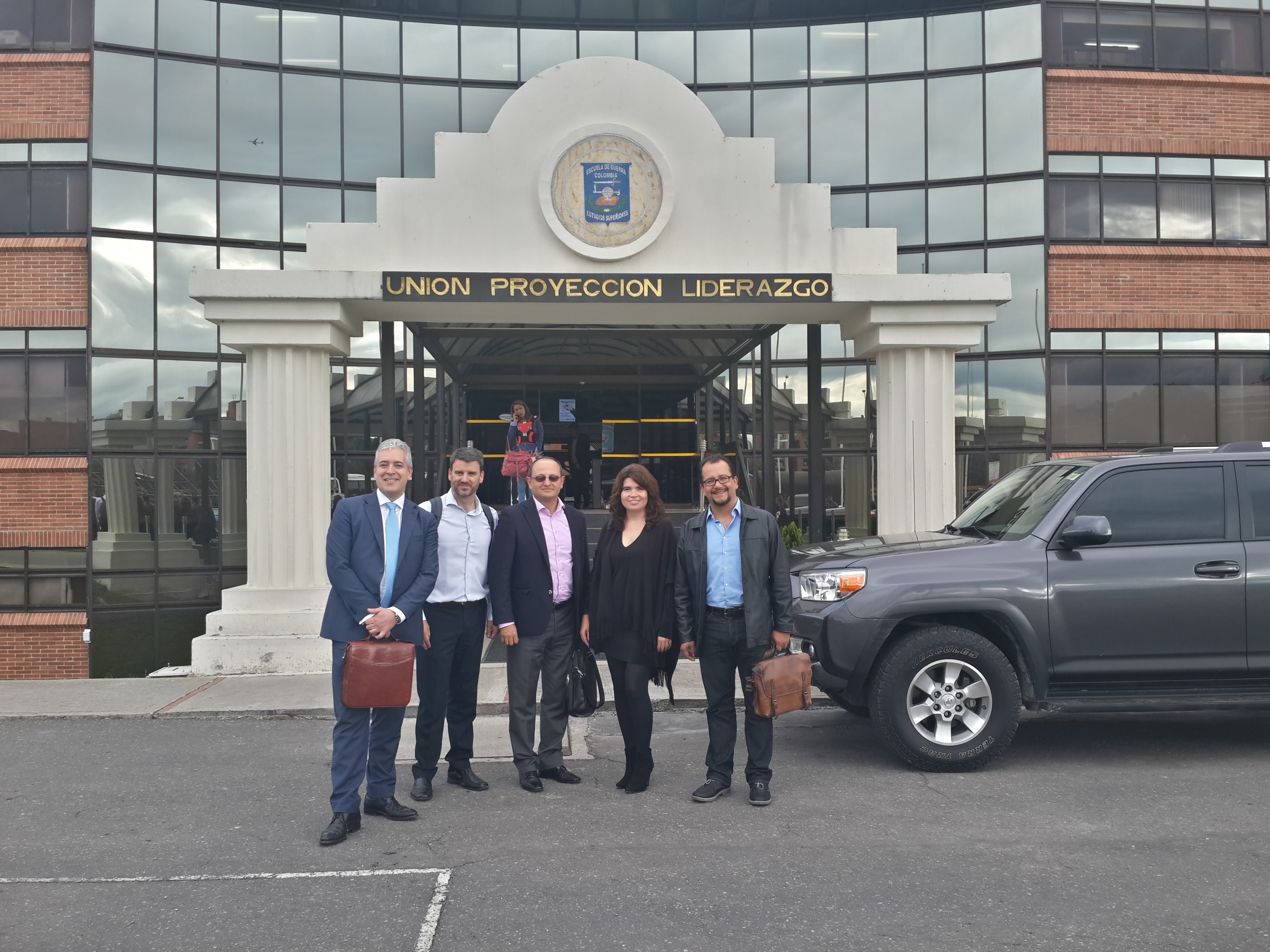The Handbook on Human Security as a Contribution to the Peace Process in Colombia

L' Global Partnership for the Prevention of Armed Conflict (GPPAC) and Interpeace have searched for options to promote civil - military cooperation oriented towards comprehensive human security in Colombia.
Representatives of the Global Secretariat of GPPAC and Interpeace (member of the Latin-American GPPAC network) visited Bogota on 7th and 8th of April. The main objective was to search for opportunities to foster dialogue between civil society and the military as a contribution to the peace process in Colombia. The delegation organized a series of high-level meetings with representatives of the Colombian Army. The participants discussed how to develop a seminar based on the “Handbook on Human Security: A Civil-Military-Police Curriculum”, published by GPPAC and the KROC Institute for International Peace Studies of the University of Notre Dame.
This manual provides an integrated and innovative curriculum for civil-military-police training, the first of its kind. Its main objective is to offer a practical orientation and a common set of concepts and terms that will allow coordination between civilians, military forces and police forces to foster human security. Interpeace is one of the organizations that took part in the reference group that contributed in producing the manual. Interpeace has extensive experience in building dialogue between the military and civil society in Guatemala, right after the signing of the Peace Accords. The experience in Guatemala provides relevant lessons for the current efforts of peace consolidation in Colombia.
More information about this handbook can be found on the website of the GPPAC project “Civil Society & Security Sector Engagement for Human Security”.

Interpeace
